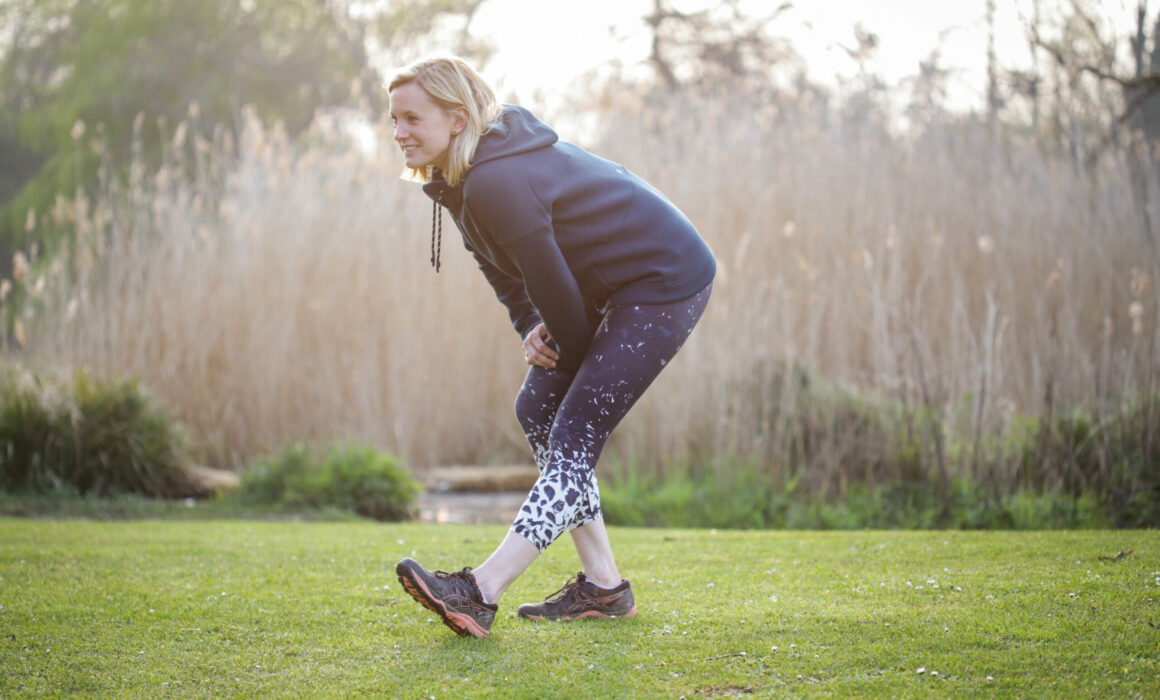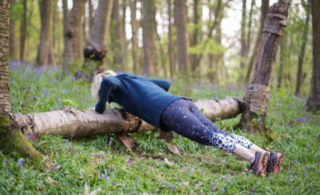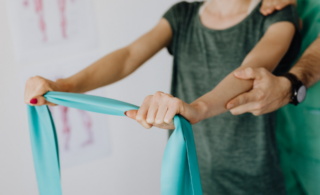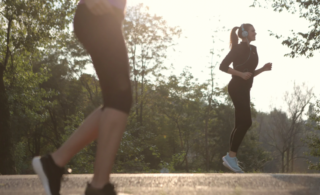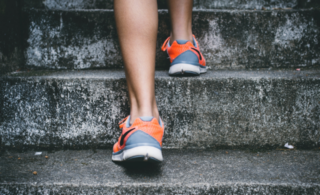
We’ve all heard the phrase ‘movement is medicine’, but can it really help those preparing, going through or recovering from breast cancer treatment? This article explains how exercising can be used to overcome and improve some of the challenges faced by those who have been through a breast cancer diagnosis.
By Sarah Newman
An introduction to exercising after a breast cancer diagnosis:
As you may have experienced first-hand, treatment for breast cancer can conjure up a number of physical and mental side effects that may sound familiar:
- Limited shoulder mobility after surgery.
- Weight management through hormone treatment.
- Lymphoedema and the associated limitations and fears.
- Joint aches and pains limiting movement from ongoing treatments.
- Fatigue, hot flushes, disturbed sleep brought on by medically induced menopause.
- But also mental challenges like loss of body confidence, anxiety, low mood and lack of motivation.
The list seems endless. Can you relate to any of these?
There is a solution, and it’s in your control:
You’ll be pleased to hear that there is a solution in helping reduce a number these challenges. It’s a new drug that’s completely free and has very few negative side effects. It can help you sleep better, move better, manages your stress, lowers your blood pressure, and helps you keep your weight under control. It improves your heart and lung function and can raise your energy levels. Have you guessed it yet – EXERCISE!
Now this may sound counter intuitive (or too good to be true), and perhaps extremely challenging. ‘How can I exercise when I feel rubbish’ – I hear you cry. But genuinely, extensive research has shown that exercising gently and regularly during and after a breast cancer diagnosis treatment is safe, feasible and beneficial. Regardless of what cancer you have and the care plan you’re given, keeping physically active may have a positive effect on aspects of your physical and mental wellbeing including:
- Improving overall physical functioning
- Reducing fatigue levels
- Improving or maintaining muscle strength
- Improving or maintaining bone health
- Controlling anxiety
- Raising self-esteem
- Reducing chances of cancer recurrence
Research aside, let me confirm I have not only seen these benefits in my own personal cancer journey but also in the clients I have trained, before, during and after treatment.
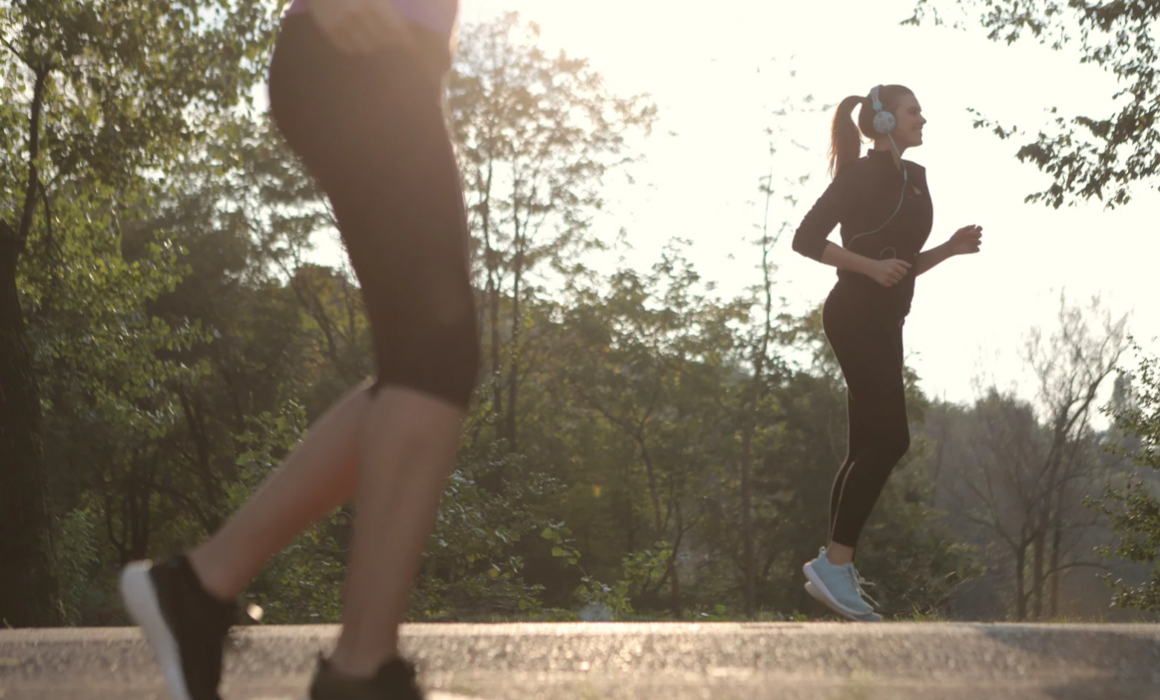
Movement is medicine, but like any medicine we need the right type, at the right time, and the right dosage:
So just to be clear, we’re not talking about running a marathon or spending hours in the gym, but a simple and gentle exercise programme will help manage many of the side effects mentioned above.
So, to start with, here are the basic ‘need to knows’:
- Gentle exercise is a daily non-negotiable. A 20 minute walk around the block is enough to lift your energy and forms the perfect exercise foundation.
- You MUST prioritise your self-care and make exercise part of this.
- Make exercise something you enjoy. Dancing, gardening, cycling, aerobics. Exercise is fun so make sure you enjoy it!
- To help keep your bones and joints strong, strength or resistance training need to be part of your plan. Simple exercises with just your body weight are enough to build or maintain joint and bone strength – more on this is later blogs.
- Work with a specialist cancer trainer to support you in understanding the best exercises to help create a plan that’s personal to you and your treatment.
- Anything is possible when you do in the right way and to suit you.
References:
- ACSM: Exercise Guidelines for Cancer Patients and Survivors
About the author
Sarah was treated for cervical cancer in pregnancy in 2018, and in 2019 launched her fitness business ‘Get Me Back’ (www.getmeback.uk). She has completed her CanRehab Level 4 Cancer & Exercise Rehabilitation qualification and is also a Breast Cancer Rehab Coach. She works virtually and face to face in the Surrey countryside and runs regular exercise classes for Future Dreams.
Further information
Future Dreams hold a range of support groups, classes, workshops and events to help you and your carers during your breast cancer diagnosis. These are held both online and in person at the London-based Future Dreams House. To see what’s on offer and to book your place, see here.
To return to the homepage of our Information Hub, click here where you can access more helpful information, practical advice, personal stories and more.
Reviewed March 2023.
The information and content provided in all guest articles is intended for information and educational purposes only and is not intended to substitute for professional medical advice. It is important that all personalised care decisions should be made by your medical team. Please contact your medical team for advice on anything covered in this article and/or in relation to your personal situation. The content of this article was created by Sarah Newman and we accept no responsibility for the accuracy or otherwise of the contents of this article. Please note that the guest author of this article has not been paid to write this article. There may be alternative options/products/information available which we encourage you to research when making decisions about treatment and support. The links and/or recommendations in this article to third-party resources are for your information and we take no responsibility for the content contained in those third-party resources. Any product recommendations made in this article are not product endorsements and unless otherwise stated, they are made without any affiliation to the brand of that product. We ask you to note that there may be other similar products available.
Share

Support awareness research
Donate to those touched by BREAST cancer
Sylvie and Danielle began Future Dreams with just £100 in 2008. They believed nobody should face breast cancer alone. Their legacy lives on in Future Dreams House. We couldn’t continue to fund support services for those touched by breast cancer, raise awareness of breast cancer and promote early diagnosis and advance research into secondary breast cancer without your help. Please consider partnering with us or making a donation.
